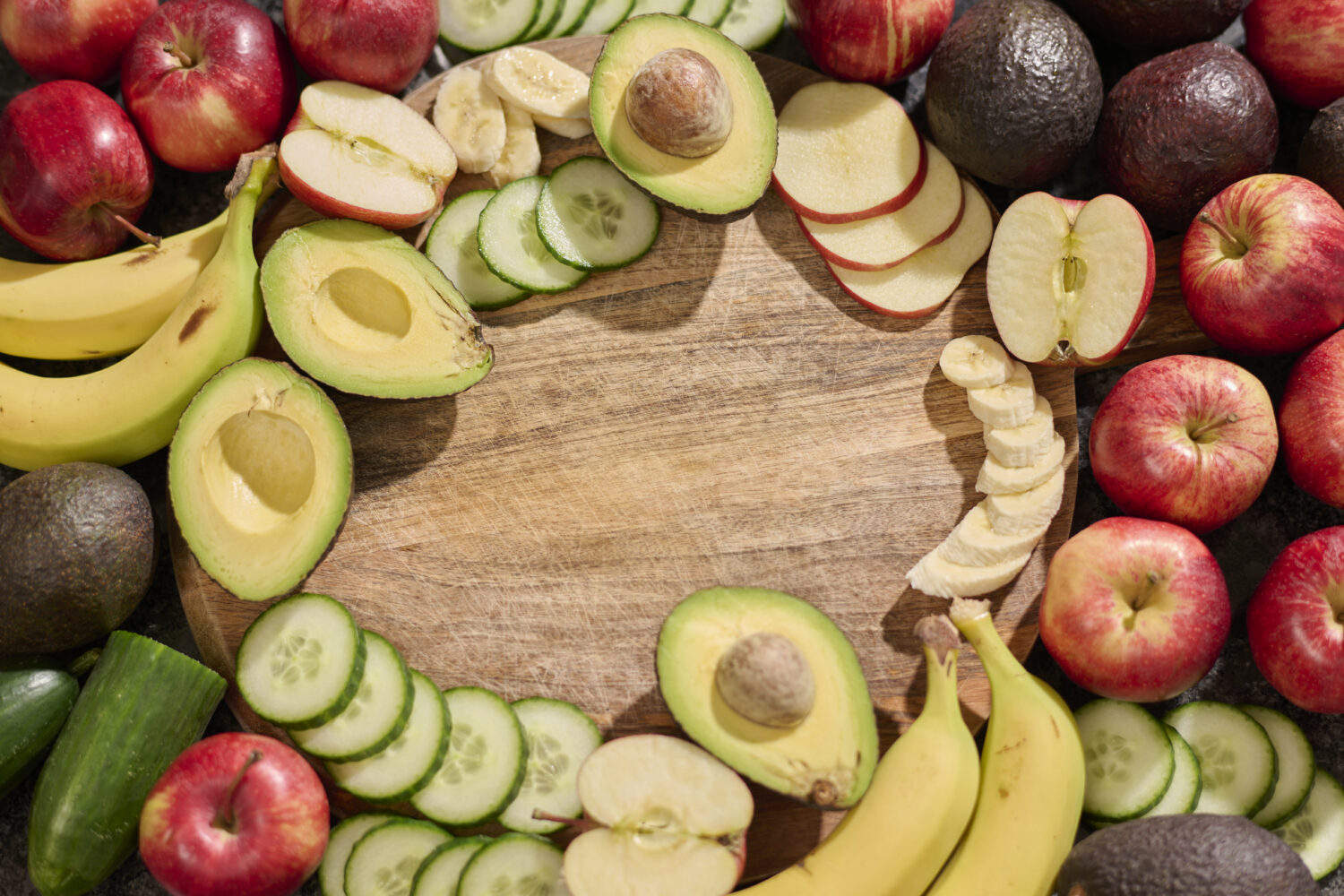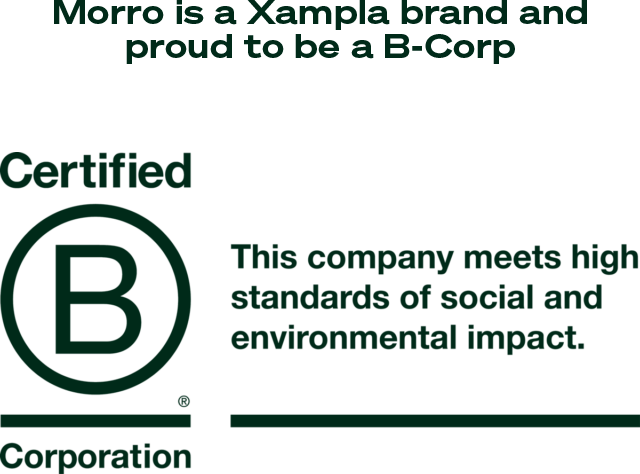
For an increasing number of people, Veganuary has become the gateway to a more compassionate and sustainable lifestyle. Last year over 629,000 people worldwide took on the challenge of switching to a plant-based diet. Some 83 per cent of those who participated are now looking to make this a more permanent lifestyle choice by eliminating or at least reducing their intake of animal products.
Amidst the ethical and environmental benefits, it is important to understand the nutritional intricacies that come with veganism.
By restricting foods, some plant-based diets can fall short of delivering certain essential nutrients. Consuming enough protein, iron, vitamin B12, calcium, vitamin D, and omega 3 can be a challenge that demands particular consideration and careful planning.
The very basics of biology teach us that proteins are the building blocks of life, traditionally citing examples such as meat, fish, dairy, and eggs. However, the plant kingdom offers a wealth of protein sources, including peas, beans, lentils, nuts, seeds, tofu, and tempeh. This diverse array of plant-based foods provides a spectrum of amino acids necessary for muscle development and overall health, debunking the myth that plant-based diets can lack protein diversity.
However, vegan diets can still cause health challenges, especially with the absorption of plant-based iron, which can be less efficient than its animal-derived counterpart due to differences in chemical structure. Strategic pairings with vitamin C-rich foods – such as squeezing lemon juice on your greens – can enhance iron absorption, helping maintain robust iron levels crucial for energy production and oxygen transport.

Obtaining enough vitamin D poses another challenge, especially during the winter months when sunlight is limited. While non-vegans can find vitamin D in oily fish, egg yolks, red meat and liver, plant-based food sources lack the vitamin. Vitamin D supports a healthy immune system and normal muscle function, and is crucial for absorbing calcium for strong bones. This means it is essential for those with a plant-based diet to supplement vitamin D as well as seeking out fortified products to bridge this nutritional gap.
This is where Morro Nutri comes in – an innovative vitamin-fortification solution by Xampla that connects the dots between ethical eating and nutritional health. By ‘micro-packaging’ vitamins and nutrients in an edible layer of plant-protein material, Morro Nutri protects its contents from UV light, pH and heat shock, meaning products we know and love can be easily fortified with nutrients, without affecting the taste.
Traditional methods of fortifying vitamins in food and beverages often force brands to rely on costly ‘overage’ of vitamins and accept that the ingredients will deteriorate over shelf life. Instead, Morro Nutri’s technology is empowering brands to deliver nutrition effectively and support consumers in maximising the nutritional content of their shopping trolleys.
Armed with insights into a wide range of products and innovative solutions, Morro Nutri will play a pivotal role in advancing the nutritional value of plant-based products, not just during Veganuary, but in the ever-evolving market landscape.
For more information about Morro Nutri, please get in touch.
By Hannah Pearse, Nutrition Manager at Xampla


